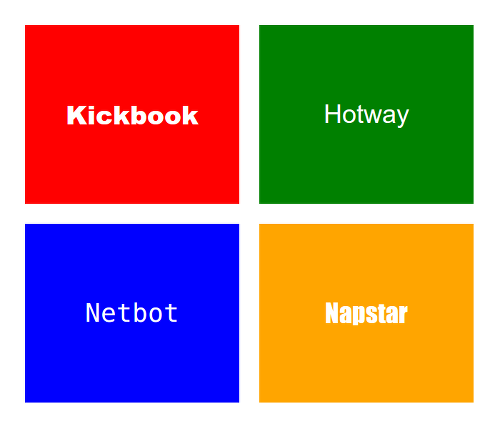Noah Wardrip-Fruin was an organizer the Media Systems workshop at UCSC just over a year ago, August 26-29, 2012. It was an extraordinary gathering about computational media and its potential, with famous participants from a variety of disciplines and practices. The workshop’s sponsors were also remarkable: the National Science Foundation, National Endowment for the Humanities, National Endowment for the Arts, Microsoft Research, and Microsoft Studios. Now, Noah is working to put high-quality videos of talks from this event online, and to offer some very useful framing discussion of those talks.
This month, three have been posted. The first of these is a talk by Ian Horswill: “Interdisciplinarity is Hard.” I’m collaborating with Ian now to edit a special issue on computational narrative and am looking forward to seeing him at AIIDE. In addition to his talk, I recommend (and assign) his short but rich article “What is Computation?,” which discusses some of the fundamentals of computation as a science along with its intellectual and cultural importance. Those with access to ACM content can also get the later version of the article that was published in Crossroads.
The second talk posted is from the inestimable production designer Alex McDowell: “World Building.” McDowell (The Crow, Fear and Loathing in Las Vegas, Fight Club, Minority Report, Watchmen, etc., etc. ) describes how the development of movies is no longer a storytelling process driven by a single person or idea, but is becoming a process of world building in which a variety of concepts, including design and in some cases engagement with urban planning and spaces, influence each other. McDowell made his points with some of the most beautiful and byzantine diagrammatic slides since David Byrne was doing work in PowerPoint.
The most recent talk is mine – Nick Montfort: “The Art of Operationalization.” I spoke about my experience implementing humanistic ideas (in my case, about narrative) in computational systems, ones that not only can produce narrative results, but which can advance our understanding of the humanities and arts. Prof. Janet Kolodner (now serving the National Science Foundation) seemed to be uncertain about the value of this work, and questioned me about that during my talk – in a way that surprised me a bit! But looking back, I see that our discussion was one of the benefits of having a diverse yet fairly small in-person gathering. I seldom have these discussions either on this blog or in larger, multi-track conferences.
I think of Curveship and even the development of small-scale programs such as Through the Park as research activities (in the humanities, but potentially also in computation) that as connected to narrative and poetic practice. While some people (such as Ken Perlin, who was also at workshop and whose video will be up next week) work in this sort of mode and see the value in it, the benefits are not obvious. The result may not a direct educational outcome, an incremental advance that can be directly measured and evaluated, or a work of art or literature that is recognizable in a traditional way. So, whether I was able to answer well at the time or not, I appreciate the questions, and hope to get more of those sort in other workshops such as these.





